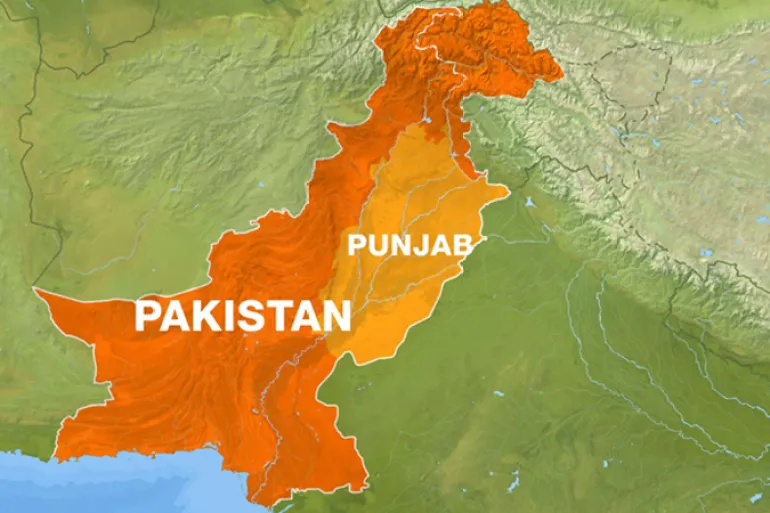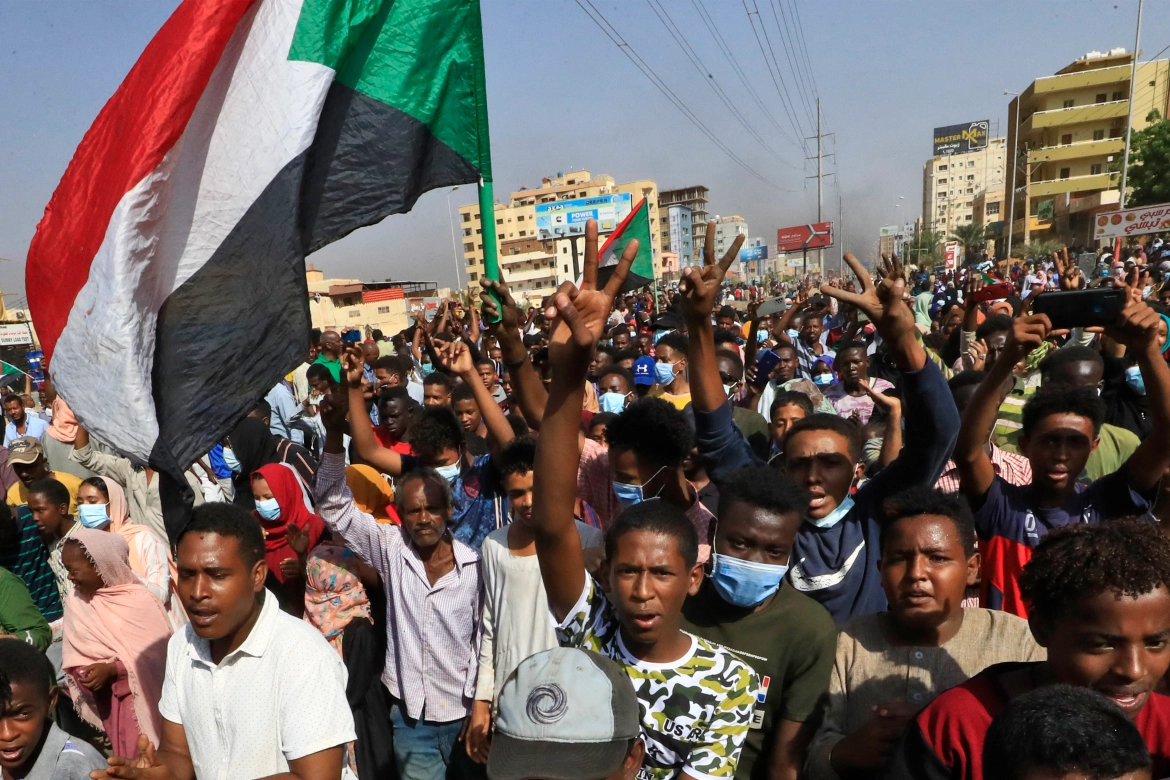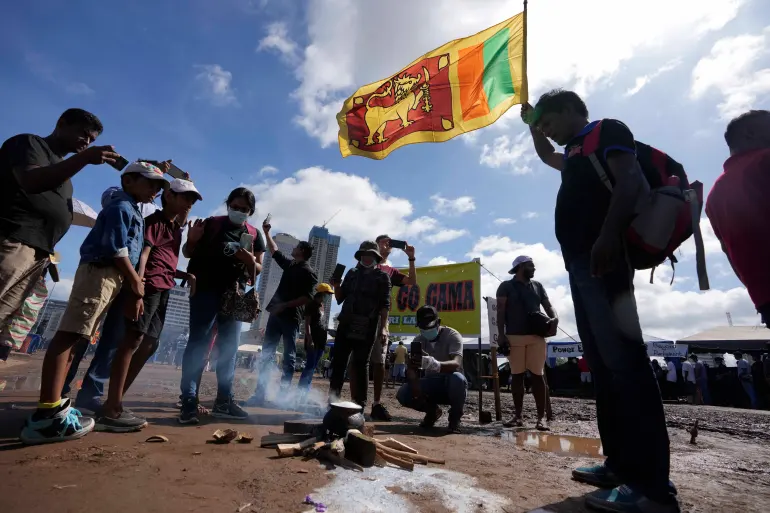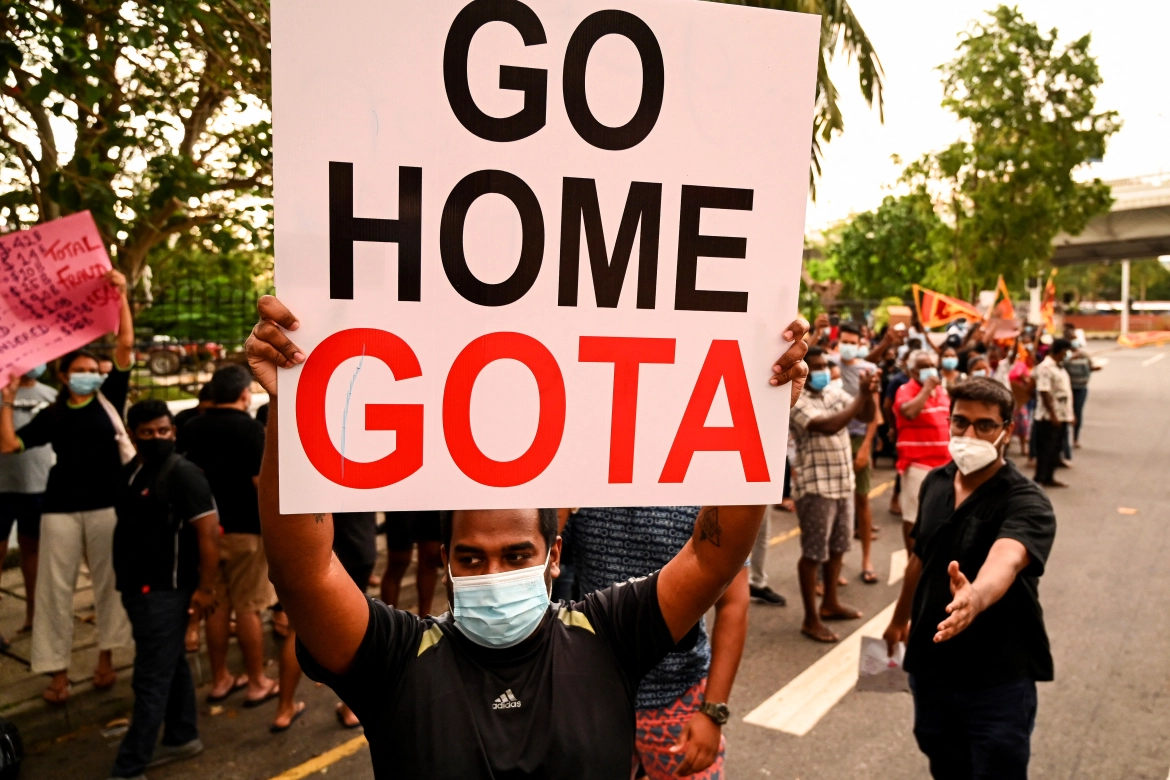Sudan ratifies international treaties against torture and enforced disappearance
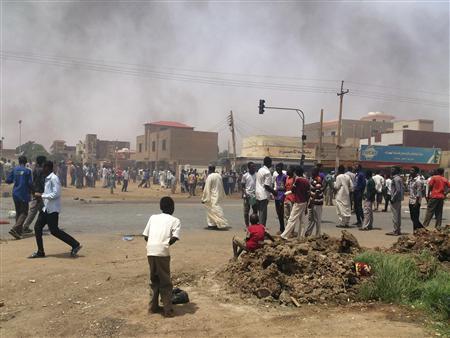
The Sudanese government announced on Tuesday that it has approved the ratification of the two main treaties on torture and enforced disappearances.
The Sudanese Minister of Justice, Dr Nasredeen Abdulbaro announced the news via Twitter on Tuesday evening.
The two treaties are the UN Convention against Torture and the Convention for the Protection of All Persons from Enforced Disappearance. By ratifying both treaties the Sudanese government makes a legally binding commitment to prevent, prosecute and remedy cases of torture and enforced disappearance.
The Sudanese government has announced this evening that it has approved the ratification of the two main key treaties on torture and enforced disappearances in a major step towards improving human rights in Sudan.
The Sudanese Minister of Justice, Dr Nasredeen Abdulbari, announced the news via Twitter this evening.
The two treaties are the UN Convention against Torture and the Convention for the Protection of All Persons from Enforced Disappearance. By ratifying both treaties the Sudanese government makes a legally binding commitment to prevent, prosecute and remedy cases of torture and enforced disappearance.
This historical development follows years of advocacy efforts by Sudanese activists and international partners, including REDRESS.
Charlie Loudon, International Legal Adviser at the London-based organisation REDRESS discussed the ratifications with al Jazeera:
Al Jazeera: Do you expect that the Sudanese government will comply with the treaties? What will be the position in terms of enforcement?
Loudon: REDRESS is optimistic that the Sudanese government will make every effort to comply with UNCAT and ICPPED. The transitional government has repeatedly affirmed its commitment to enhancing human rights protections in Sudan, including in its remarks before the Human Rights Council yesterday (24 Feb 2021). Previous steps taken by the government to abolish discriminatory laws regarding women and children, and to bring its Criminal Act into greater conformity with international human rights law, demonstrate the political willingness to comply with treaties such as UNCAT and ICPPED. However, significant work is still needed to bring Sudan’s law and, more importantly, practices into conformity with UNCAT and ICPPED. And focused international support is required to enhance the capacity of the government to undertake these reforms.
Al Jazeera: Is the ratification part of a greater awareness of the need for accountability for international crimes such as torture committed in Sudan? Will this be followed by prosecutions?
Loudon: Sudanese lawyers, protestors, and activists have been calling for accountability for international crimes, including torture, in Sudan for decades. The recent announcement that the transitional government has signed a Memorandum of Cooperation with the International Criminal Court is a promising sign that some accountability efforts are moving forward, but it is indisputable that more needs to be done in terms of domestic prosecutions.
REDRESS is hopeful that the ratification of UNCAT and ICPPED will provide a launching point for the Sudanese government to enact the critical legal and institutional reforms necessary to prosecute international crimes, including torture. Needed reforms include bringing the Criminal Act 1991 into conformity with UNCAT and ICPPED to fully criminalise torture and enforced disappearances, and removing all immunities provisions from the laws governing the police, intelligence services, and armed forces. Without these reforms, it will remain difficult for lawyers in Sudan to prosecute cases of torture and other international crimes, despite ratification of UNCAT and ICPPED.
Al Jazeera: How common is torture and enforced disappearance in Sudan?
Loudon: The full extent to which torture and enforced disappearance have occurred in Sudan is difficult to quantify, given the inherently hidden nature of these violations. But after working in Sudan for over two decades, REDRESS and our Sudanese partners have documented countless cases of both torture and enforced disappearance. Under former president Omar al-Bashir, the National Intelligence Security Services (NISS) routinely tortured detainees, and scores of victims were subjected to enforced disappearances for their political opinions or tribal links by Sudanese security forces and government-backed paramilitaries (the janjaweed).
After the ouster of al-Bashir in April 2019, hundreds of peaceful protestors, students, human rights defenders, political opponents, journalists and doctors were allegedly subjected to torture and inhumane conditions while detained incommunicado for months. Some of the individuals subjected to enforced disappearance following al-Bashir’s removal to “preserve national security” are still missing. Today, reports from Sudan unfortunately confirm that enforced disappearances and torture are still a problem in Sudan, as the recent case of Bahaa el-Din Nouri demonstrates.
- Most Viewed
- Most Popular



